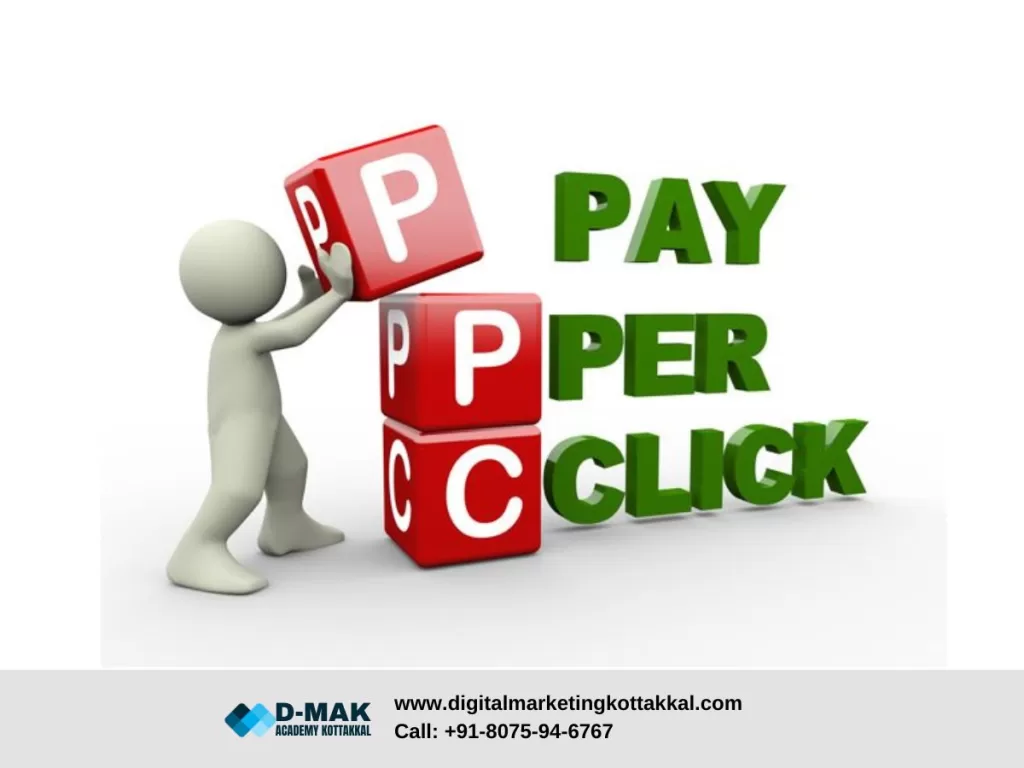Introduction to PPC
Pay-Per-Click is referred to as PPC. Advertisers that use this form of internet advertising must pay a charge each time one of their ads is clicked. This technique, which is an essential component of digital marketing tactics, is used to drive visitors to websites.
How PPC Works
Advertisers bid on keywords that are pertinent to their target audience when using PPC advertising. The advertiser’s ad may show up at the top or bottom of the search results page when someone searches for such keywords on search engines like Google. The advertiser pays the search engine a set amount if the user clicks on the advertisement.
Key Components of PPC
- Keywords: Ads bid on certain words or phrases, which are known as keywords. They are important because they decide where and when the advertisement will run.
- Ad Copy: This is the advertisement’s written content. It needs to be interesting and pertinent in order to get clicks.
- Landing Page: Users are redirected to a certain webpage known as a landing page after clicking on the advertisement. In order to turn visitors into consumers, it has to be optimized.
- Bid Amount: Advertisers establish a maximum bid amount for every keyword. This is the most they will spend to get their advertisement clicked.
Benefits of PPC:
- Immediate Results: PPC, as opposed to other marketing strategies, may drive visitors to a website right away.
- Targeted Advertising: With targeted advertising, businesses can make sure the correct people see their ads by focusing on particular interests, regions, and demographics.
- Measurable Results: Measurable Outcomes: PPC networks offer thorough analytics, enabling marketers to monitor the effectiveness of their advertising in real time.
Types of PPC Advertising
- Search Ads: Search ads are one type of PPC advertising that show up on search engine results pages when users enter specified keywords.
- Display Ads: Visual advertisements that show up on websites that are part of the Google Display Network are called display advertising.
- Social Media Ads: PPC advertising alternatives are available on sites like Facebook, Twitter, and LinkedIn, allowing users to be targeted according to their demographics and interests.
PPC Campaign Management
- Keyword Research: Choosing the appropriate keywords is crucial to the success of any PPC campaign. Keywords with a high search volume and little competition are ideal for advertisers to target.
- Ad Creation: Ads should have a clear call-to-action and relevant keywords, and the material should be so compelling that consumers will want to click on it.
- Monitoring and Optimization: PPC campaigns must be continuously optimized and monitored to make sure they are operating efficiently. This entails modifying bids, experimenting with various ad versions, and improving targeting choices.
Common Pitfalls in PPC
- Overbidding: Overbidding on keywords may quickly drain a budget without yielding substantial profits.
- Poorly Designed Landing Pages: Ad expenditure may be squandered if the landing page isn’t optimized for conversions or doesn’t live up to user expectations.
- Ignoring Analytics: Neglecting to examine campaign data may lead to squandered advertising budget and missed chances for enhancement.
In summary
PPC advertising is an effective technique for accomplishing business objectives and bringing targeted traffic to websites. Advertisers may reach their target audience and optimize return on investment by grasping the principles of pay-per-click (PPC) and putting these techniques into practice.
